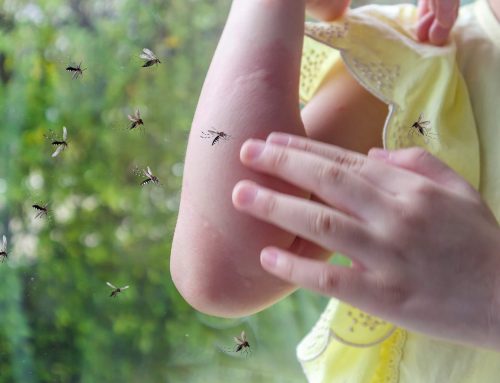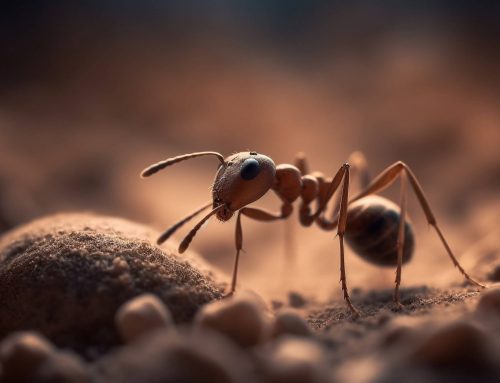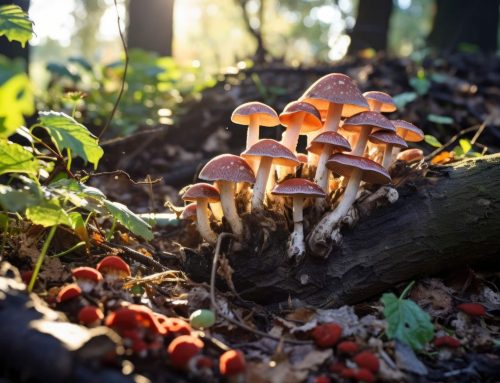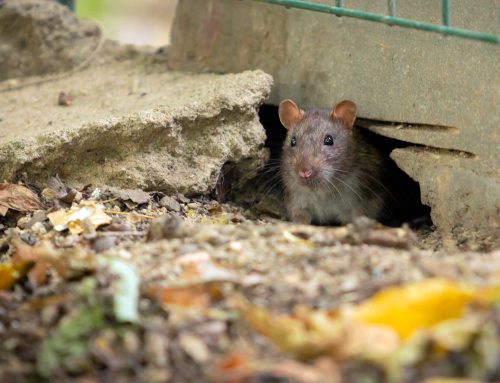Having a garden is a delightful experience, but when unwanted frogs start invading your outdoor space, it can become a nuisance. While frogs play a vital role in the ecosystem, their presence in the garden may not always be desirable. In this article, we will explore effective strategies to manage and deter frogs from your garden while addressing common concerns related to specific frog species, such as white tree frogs and Florida tree frogs. Additionally, we’ll debunk myths surrounding frog toxicity and provide insights into outdoor pest management. Let’s dive in!
Understanding Frog Species
One particular frog species that often finds its way into gardens is the white tree frog. Native to Australia, these charming creatures have been introduced to various parts of the world, including Florida. However, it’s important to note that touching or handling white tree frogs is not recommended. While they are generally harmless, handling them can cause stress and may lead to health issues for the frogs.
Many gardeners wonder if Florida tree frogs or white frogs in Florida are poisonous, especially in relation to pets. The good news is that most native frog species in Florida, including the Florida tree frog, are not poisonous to cats or dogs. However, it’s always wise to discourage pets from interacting with frogs to prevent any potential harm or unintended consequences.
Managing White Tree Frog Infestations
To effectively manage frogs in your garden, consider implementing the following strategies:
- Remove Attractants: Identify and eliminate potential sources of food and shelter for frogs, such as standing water, dense vegetation, and excess moisture. This reduces their attraction to your garden.
- Encourage Natural Predators: Create an environment that attracts natural frog predators, such as birds, snakes, and larger insects. These predators can help control the frog population naturally.
- Create Barriers: Use physical barriers like fences or netting to prevent frogs from entering specific areas of your garden. This can be particularly helpful for protecting delicate plants or designated spaces.
- Employ Sound and Light Deterrents: Frogs are sensitive to certain frequencies of sound and bright lights. Installing motion-activated devices that emit high-frequency sounds or using outdoor lighting strategically can discourage frogs from staying in your garden.
Outdoor Pest Management
In addition to frog management, it’s crucial to consider comprehensive outdoor pest management strategies to create a harmonious garden environment. Regularly inspect your garden for potential pest infestations, address any moisture or standing water issues, and practice good sanitation habits. Utilize organic pest control methods, such as introducing beneficial insects or using natural repellents, to minimize the presence of unwanted pests without harming the environment.
Managing frogs in your garden requires a balanced approach that prioritizes the well-being of both your plants and the amphibians. By implementing the strategies mentioned and maintaining a harmonious garden environment, you can create a space that is both beautiful and free from unwanted frog infestations. However, if you find yourself in need of professional assistance or expert guidance in managing outdoor pests and creating a thriving garden, we recommend reaching out to a reputable landscaping company. Their expertise and knowledge can help you maintain a healthy garden ecosystem while ensuring your outdoor space remains enjoyable and pest-free. Contact Cutters Edge today to explore their services and take the first step towards a well-maintained and vibrant garden.





